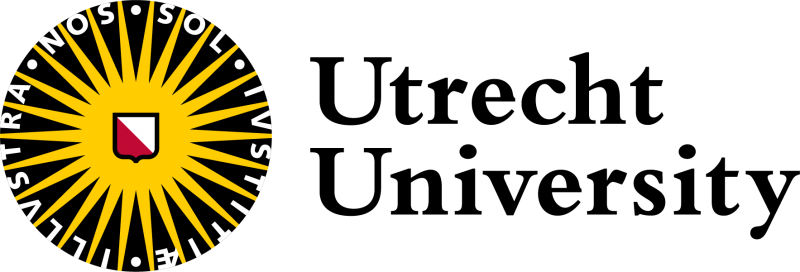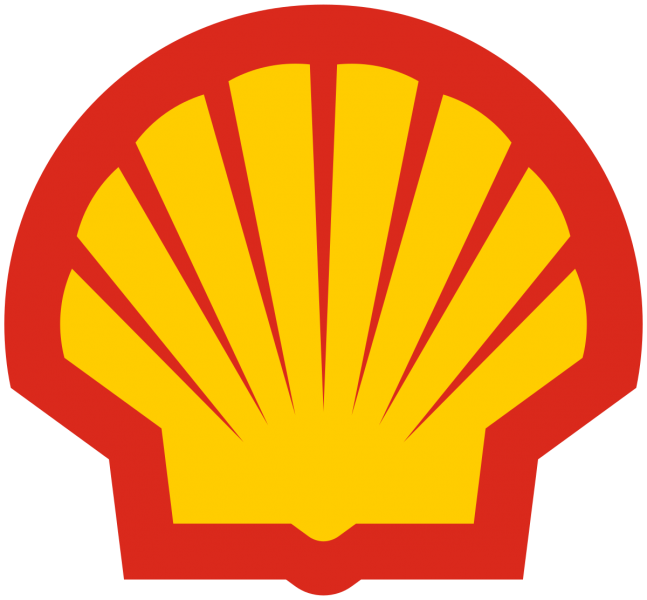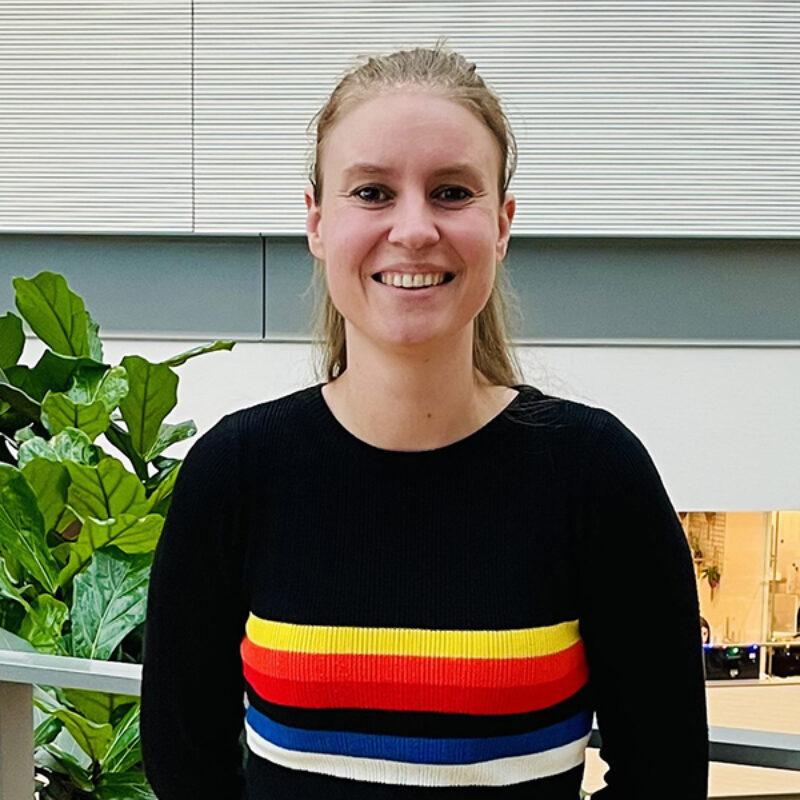The project aims at polymer upcycling via post-polymerisation modification of commodity polyolefins, e.g. by selective functionalisation by non-noble metal-based homogeneous catalysts, and to study the effect of the of introduced functionalities on the physiochemical properties.
Polymers are indispensable in our daily lives, see for example food packaging or the medical facemasks worn during the COVID-19 pandemic. Every year an increasing amount of plastic waste is reported in which polyolefins are the predominant polymer type. The worldwide handling of this waste needs to change drastically to decrease environmental pollution and avoid a shortage of chemical building blocks for new polymeric products. In a circular plastics system, methods are required to access polymers that cannot be readily obtained by olefin polymerisation. Part of the polyolefins should therefore be upcycled to provide additional value and access otherwise unobtainable products. The effects of the nature, density and distribution of the introduced functionalities will be studied to obtain new insights into post-polymerisation modification approaches on polyolefins.
Partners





